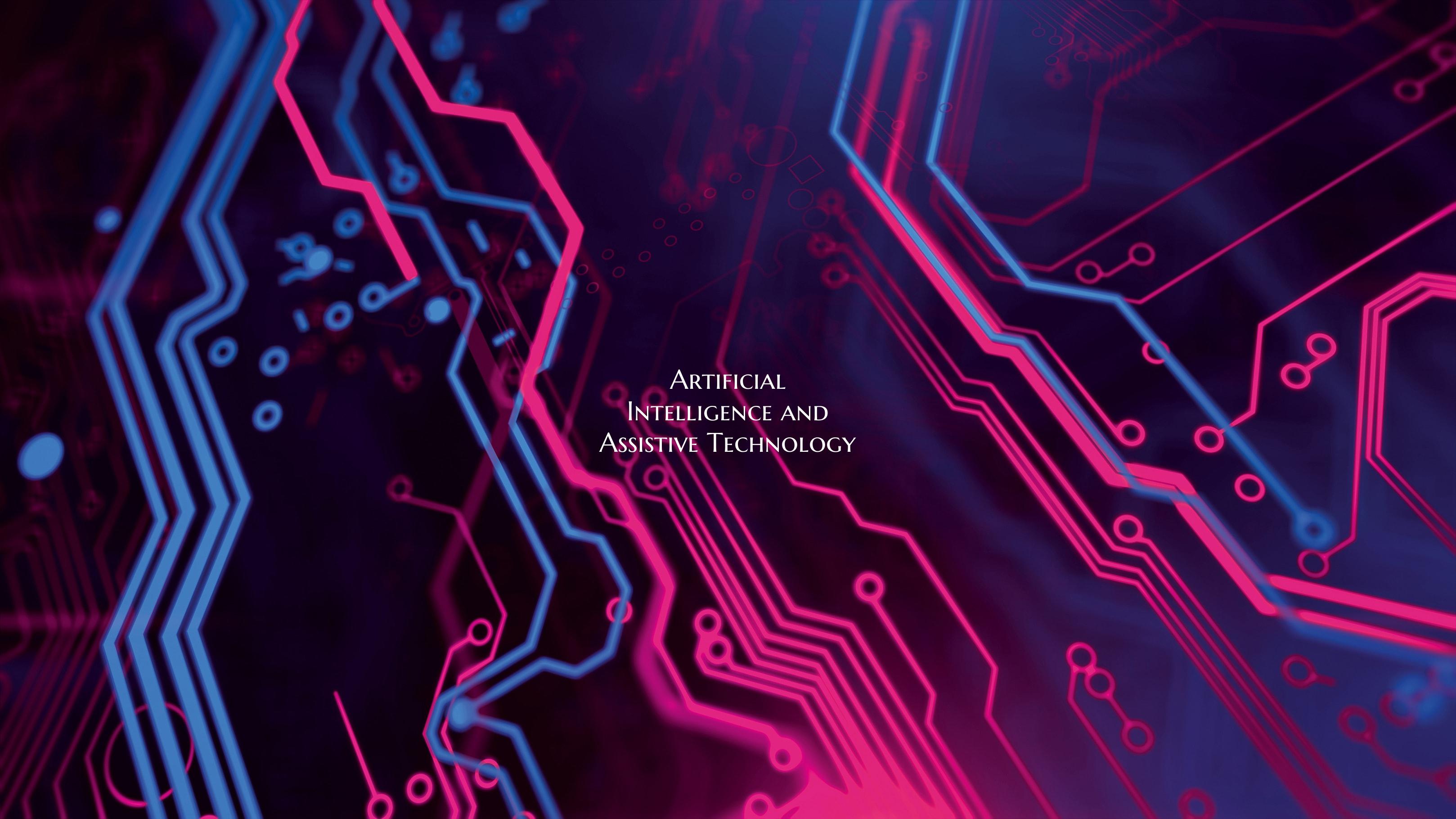Artificial Intelligence and Assistive Technology
Artificial Intelligence (AI) has revolutionized the field of assistive technology, presenting new opportunities to enhance the lives of individuals with disabilities. By leveraging AI algorithms and machine learning techniques, assistive technology devices can be designed to cater to a wide range of needs and preferences, providing personalized and efficient support.
One of the key advantages of incorporating AI into assistive technology is its ability to adapt and learn from user interactions. This adaptive nature allows the technology to evolve over time, improving its performance and effectiveness in assisting individuals with various disabilities. For example, AI-powered communication devices can learn to interpret and respond to users' voices more accurately, facilitating smoother and more natural interactions.
Moreover, AI enables assistive technology to automate certain tasks, reducing the cognitive load on users and enhancing their independence. For individuals with mobility impairments, AI-driven robotic devices can assist with daily activities such as dressing, eating, and moving around, promoting autonomy and improving quality of life.
Additionally, AI can significantly enhance the accessibility of digital content for individuals with visual or hearing impairments. Through features like speech-to-text conversion, image recognition, and voice commands, AI-powered tools can make online information more perceivable and navigable for users with disabilities.
Furthermore, AI can facilitate real-time monitoring and predictive analysis to anticipate and address the changing needs of individuals with disabilities. For instance, AI algorithms can analyze data from wearable devices to detect patterns in users' health conditions and provide timely interventions or alerts.
In conclusion, the integration of Artificial Intelligence into assistive technology holds great promise in advancing inclusion and empowerment for individuals with disabilities. By harnessing the capabilities of AI, assistive technology can become more responsive, adaptive, and user-centered, ultimately enabling greater autonomy and enhancing the quality of life for all users.

